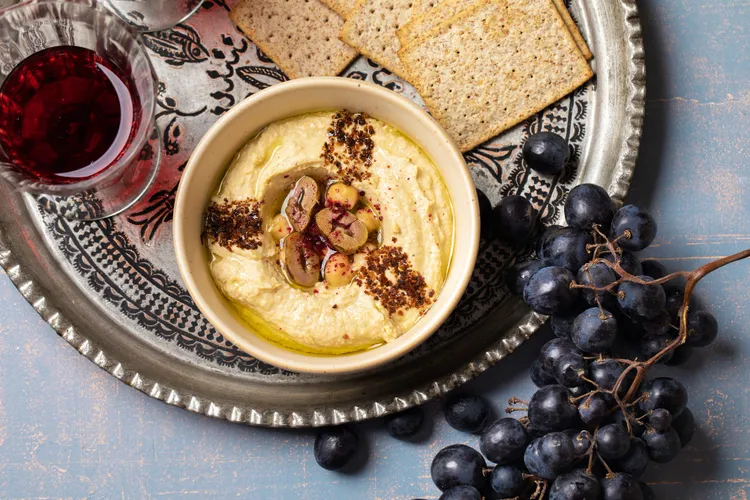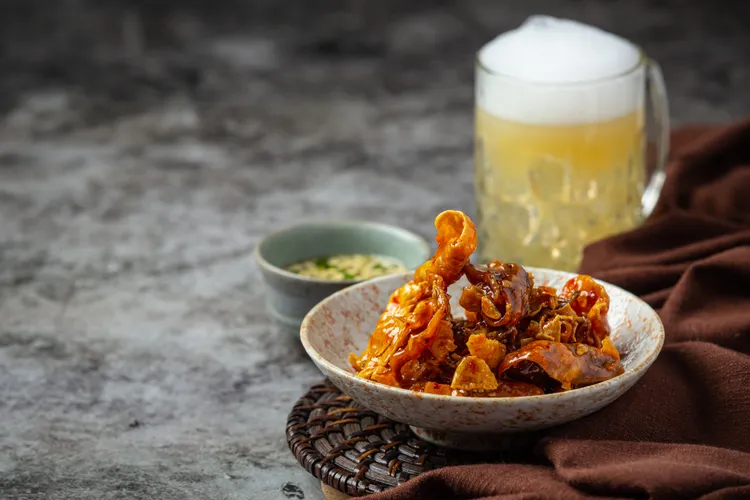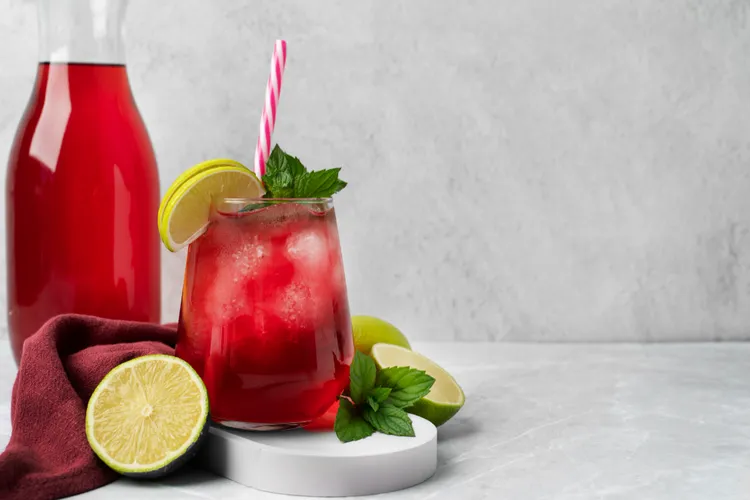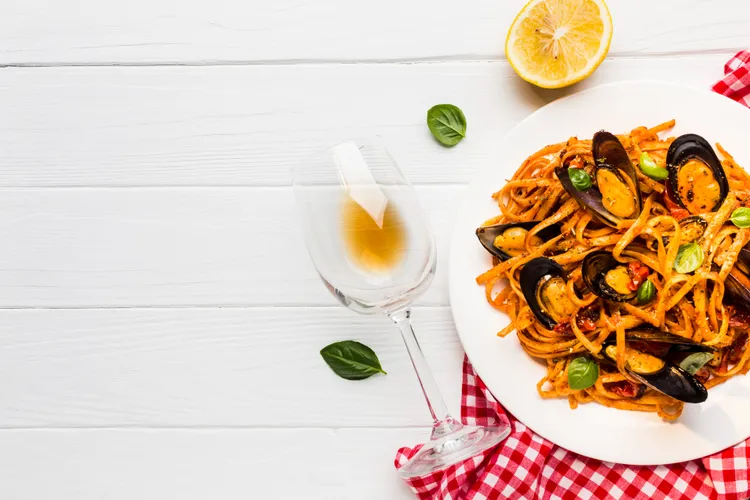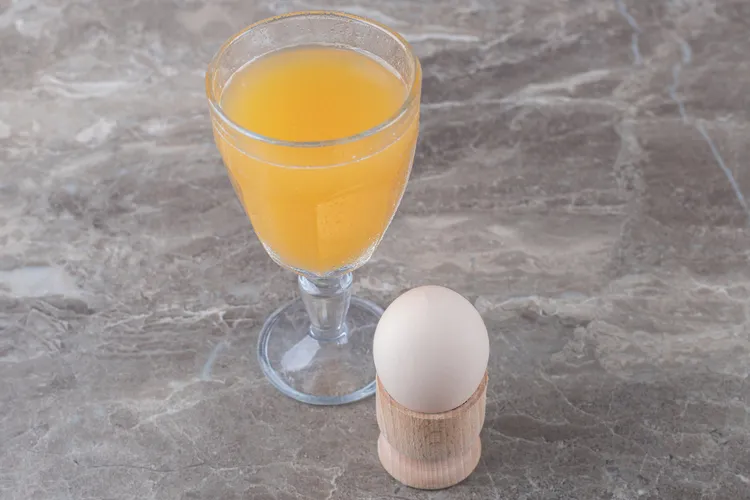Foods That Build Muscle: Fueling Strength and Recovery
Building muscle isn’t just about lifting weights or hitting the gym - it’s also about fueling your body with the right foods. Nutrition plays a critical role in muscle growth, repair, and recovery, providing the raw materials and energy needed to optimize your training results. Whether you’re a bodybuilder, an athlete, or simply looking to get stronger, eating the right foods can make all the difference in achieving your goals.

The Science of Muscle Building: Why Food Matters
Muscle growth, or hypertrophy, occurs when muscle fibers repair and grow stronger after being stressed during exercise, particularly resistance training. This process relies on three key factors:
- Training Stimulus: Resistance exercises like weightlifting create micro-tears in muscle fibers, signaling the body to repair and strengthen them.
- Nutrition: Food provides the building blocks (amino acids) and energy (calories) needed for muscle repair and growth.
- Rest and Recovery: Adequate sleep and recovery time allow muscles to rebuild stronger than before.
Nutrition is the cornerstone of this process. Without the right nutrients, your body can’t repair muscle tissue efficiently, leading to slower progress or even muscle loss. The key nutrients for muscle building include:
- Protein: Supplies amino acids, particularly leucine, which triggers muscle protein synthesis (MPS), the process of building new muscle tissue. A 2018 study in Nutrients found that 1.6–2.2 g of protein per kg of body weight daily optimizes muscle growth.
- Carbohydrates: Provide energy for workouts and replenish glycogen stores in muscles, supporting recovery. A 2020 study in Sports Medicine emphasized carbs’ role in sustaining high-intensity training.
- Healthy Fats: Support hormone production (e.g., testosterone) and reduce inflammation, aiding recovery.
- Micronutrients: Vitamins and minerals like vitamin D, magnesium, and zinc enhance muscle function and repair.
By prioritizing foods rich in these nutrients, you can fuel your workouts, repair muscle tissue, and achieve your strength goals. Let’s explore the best foods to build muscle and support recovery.
Key Nutrients for Muscle Building
Before diving into specific foods, here’s a quick overview of the nutrients that drive muscle growth:
- Protein (Amino Acids): Essential for muscle repair and growth, especially branched-chain amino acids (BCAAs) like leucine.
- Carbohydrates: Fuel intense workouts and restore glycogen, preventing muscle breakdown.
- Healthy Fats: Support testosterone production and reduce exercise-induced inflammation.
- Vitamin D: Enhances muscle strength and protein synthesis.
- Magnesium: Supports muscle contraction and recovery.
- Zinc: Aids in protein synthesis and testosterone production.
- Antioxidants: Reduce oxidative stress from exercise, speeding recovery.
With these nutrients in mind, let’s explore the top foods to include in your muscle-building diet.
Top Foods That Build Muscle
These foods are packed with the nutrients needed to fuel strength, promote muscle growth, and enhance recovery. Each is versatile, delicious, and easy to incorporate into your meals.
- Protein-Rich Foods: The Building Blocks of Muscle
Protein is the cornerstone of muscle growth, providing the amino acids needed for repair and hypertrophy.
- Chicken Breast: Lean and high in protein (26 g per 3 oz), chicken breast is rich in leucine, a key amino acid for muscle protein synthesis.
How to Enjoy: Grill with olive oil and spices, shred for salads, or bake with a lemon-herb marinade.
Why It Works: Low in fat and calories, it delivers high-quality protein without excess bulk. - Salmon: Offers 25 g of protein per 3 oz, plus omega-3 fatty acids that reduce inflammation and support recovery.
How to Enjoy: Bake with garlic and dill, grill for tacos, or add to quinoa bowls.
Why It Works: Omega-3s enhance muscle protein synthesis, per a 2011 study in American Journal of Clinical Nutrition. - Eggs: A single large egg provides 6 g of protein, plus leucine, zinc, and vitamin D.
How to Enjoy: Scramble with spinach, make a veggie omelet, or hard-boil for snacks.
Why It Works: Eggs are a complete protein with high bioavailability, ideal for muscle repair. - Greek Yogurt: Delivers 20 g of protein per cup (plain, full-fat), plus probiotics for gut health.
How to Enjoy: Blend into smoothies, top with berries and nuts, or use as a creamy marinade base.
Why It Works: Casein in yogurt provides slow-digesting protein for overnight recovery. - Lean Beef: Provides 26 g of protein per 3 oz, plus zinc, iron, and creatine, a compound that boosts strength.
How to Enjoy: Grill as a steak, make lean meatballs, or stir-fry with veggies.
Why It Works: Creatine enhances muscle performance, per a 2017 study in Journal of the International Society of Sports Nutrition. - Tofu and Tempeh: Plant-based proteins offering 10–20 g per ½ cup, rich in leucine and magnesium.
How to Enjoy: Marinate and grill tempeh for sandwiches or crumble tofu into stir-fries.
Why It Works: Ideal for vegans, these provide complete proteins for muscle growth. - Lentils: Offer 18 g of protein per cooked cup, plus fiber and iron.
How to Enjoy: Make lentil soup, patties, or a protein-packed salad.
Why It Works: Combines protein and carbs for muscle repair and energy.
Pro Tip: Aim for 20–30 g of protein per meal, spaced every 3–4 hours, to maximize muscle protein synthesis, per a 2014 study in Journal of Nutrition.
- Complex Carbohydrates: Fuel for Performance
Carbs provide energy for workouts and replenish glycogen, preventing muscle breakdown during intense training.
- Sweet Potatoes: Rich in complex carbs (26 g per cup), fiber, and antioxidants like beta-carotene.
How to Enjoy: Roast as wedges, mash with cinnamon, or stuff with chicken and avocado.
Why It Works: Provides sustained energy and supports muscle recovery. - Quinoa: Offers 40 g of carbs and 8 g of protein per cooked cup, plus magnesium and iron.
How to Enjoy: Use as a base for bowls, mix into salads, or serve as a side.
Why It Works: A complete protein and carb source, ideal for post-workout meals. - Oats: Deliver 27 g of carbs and 5 g of protein per ½ cup (dry), plus fiber and magnesium.
How to Enjoy: Make overnight oats with Greek yogurt and fruit or bake into protein bars.
Why It Works: Slow-digesting carbs provide long-lasting energy for training. - Brown Rice: Provides 45 g of carbs per cooked cup, plus B vitamins for energy metabolism.
How to Enjoy: Pair with lean protein and veggies for a balanced meal.
Why It Works: Replenishes glycogen stores, supporting recovery. - Bananas: Offer 27 g of carbs per medium fruit, plus potassium to prevent muscle cramps.
How to Enjoy: Blend into smoothies, eat pre-workout, or pair with nut butter.
Why It Works: Quick-digesting carbs fuel high-intensity workouts.
Pro Tip: Time carbs around workouts - consume 30–60 g of carbs 1-2 hours before and after training to optimize energy and recovery.
- Healthy Fats: Support Hormones and Recovery
Fats are essential for testosterone production and reducing inflammation, both critical for muscle growth.
- Avocado: Provides monounsaturated fats, potassium, and vitamin E.
How to Enjoy: Add to smoothies, spread on toast, or use as a creamy salad topping.
Why It Works: Healthy fats support hormone balance and reduce exercise-induced inflammation. - Nuts and Seeds: Almonds, walnuts, chia seeds, and flaxseeds offer omega-3s, magnesium, and healthy fats.
How to Enjoy: Sprinkle on oatmeal, blend into smoothies, or eat as a snack.
Why It Works: Anti-inflammatory properties aid recovery, per a 2016 study in Nutrients. - Olive Oil: Rich in monounsaturated fats and antioxidants.
How to Enjoy: Drizzle over veggies, use in marinades, or toss with quinoa.
Why It Works: Supports heart health and reduces muscle soreness. - Fatty Fish: Mackerel, sardines, and trout provide omega-3s and protein.
How to Enjoy: Grill or bake with herbs for a flavorful meal.
Why It Works: Omega-3s enhance muscle repair, per a 2019 study in Journal of the International Society of Sports Nutrition.
Pro Tip: Aim for 20–30% of daily calories from healthy fats to support muscle growth without excess calorie intake.
- Micronutrient-Rich Foods: Enhance Muscle Function
Vitamins and minerals optimize muscle performance, recovery, and protein synthesis.
- Spinach: High in magnesium, iron, and antioxidants.
How to Enjoy: Add to smoothies, sauté as a side, or toss into salads.
Why It Works: Magnesium supports muscle contraction and recovery. - Egg Yolks: Provide vitamin D, zinc, and choline.
How to Enjoy: Include in omelets or use in protein-packed baked goods.
Why It Works: Vitamin D enhances muscle strength, per a 2017 study in Bone Reports. - Oysters: Rich in zinc, critical for testosterone and protein synthesis.
How to Enjoy: Eat raw or grilled for a nutrient-packed treat.
Why It Works: Zinc boosts muscle repair, per a 2015 study in Biological Trace Element Research. - Berries: Blueberries, strawberries, and raspberries are high in antioxidants.
How to Enjoy: Add to Greek yogurt, blend into shakes, or eat fresh.
Why It Works: Antioxidants reduce exercise-induced oxidative stress, speeding recovery.
Pro Tip: Include a variety of colorful fruits and vegetables to ensure a broad spectrum of micronutrients.
Timing Your Meals for Maximum Gains
Nutrient timing can enhance muscle-building results:
- Pre-Workout (1–2 hours before): Eat 20–30 g of protein and 30–60 g of carbs to fuel performance (e.g., oatmeal with protein powder).
- Post-Workout (within 30–60 minutes): Consume 20–40 g of protein and 30–60 g of carbs to replenish glycogen and kickstart repair (e.g., chicken and quinoa).
- Throughout the Day: Space protein intake (20–30 g per meal) every 3–4 hours to maintain muscle protein synthesis.
- Before Bed: Opt for slow-digesting protein like Greek yogurt or casein to support overnight recovery.
Lifestyle Tips to Boost Muscle Growth
In addition to diet, these habits maximize muscle-building potential:
- Strength Training: Perform resistance exercises 3–5 times per week, targeting major muscle groups.
- Sleep: Aim for 7–9 hours of quality sleep to support muscle repair and growth hormone release.
- Hydration: Drink 8–12 cups of water daily to support muscle function and recovery.
- Manage Stress: High cortisol levels can break down muscle tissue, so practice stress-reducing techniques like meditation.
- Supplements (Optional): Consider whey protein, creatine (3–5 g daily), or branched-chain amino acids (BCAAs) to complement your diet, but prioritize whole foods.
Foods to Avoid for Muscle Building
Certain foods can hinder muscle growth or recovery:
- Sugary Foods: Candy, soda, and desserts cause blood sugar spikes and crashes, reducing energy for workouts.
- Processed Foods: High in trans fats and sodium, they promote inflammation and slow recovery.
- Excess Alcohol: Impairs muscle protein synthesis and dehydrates the body, per a 2014 study in PLOS One.
- Low-Nutrient Carbs: White bread and refined grains provide empty calories without supporting recovery.
Special Considerations
- Plant-Based Diets: Combine plant proteins (e.g., lentils, tofu, quinoa) to ensure all essential amino acids. Consider B12 and iron supplements, as deficiencies can impair muscle function.
- Injury Recovery: Increase protein intake (up to 2.5 g/kg body weight) and anti-inflammatory foods like berries and salmon to support healing.
- Older Adults: Aging reduces muscle protein synthesis, so prioritize leucine-rich foods (e.g., eggs, chicken) and vitamin D sources.
- Calorie Needs: Muscle building requires a slight calorie surplus (250–500 calories above maintenance). Work with a dietitian to calculate your needs.
The Science Behind Muscle-Building Foods
Research underscores the importance of nutrition for muscle growth. A 2017 study in American Journal of Clinical Nutrition found that leucine-rich proteins (like chicken and eggs) maximize muscle protein synthesis. Carbohydrates are critical for glycogen replenishment, with a 2020 Sports Medicine study noting their role in sustaining high-intensity training. Omega-3s, found in salmon and nuts, reduce muscle soreness and enhance recovery, per a 2019 study in Journal of the International Society of Sports Nutrition. By prioritizing these nutrients, you create an optimal environment for muscle growth.
Fuel Your Strength
Building muscle is a journey that combines smart training, rest, and most importantly, nutrition. By incorporating protein-rich foods, complex carbs, healthy fats, and micronutrient-packed options, you can fuel your workouts, repair muscle tissue, and recover faster. From the savory satisfaction of grilled salmon to the hearty energy of sweet potatoes, these foods prove that muscle-building meals can be both delicious and effective.
Start by adding one or two of these foods to your daily diet. Pair them with consistent strength training and adequate rest, and watch your strength and physique transform. With the right fuel, your body can achieve incredible things. Here’s to building muscle, boosting strength, and thriving - one nutrient-packed bite at a time!




